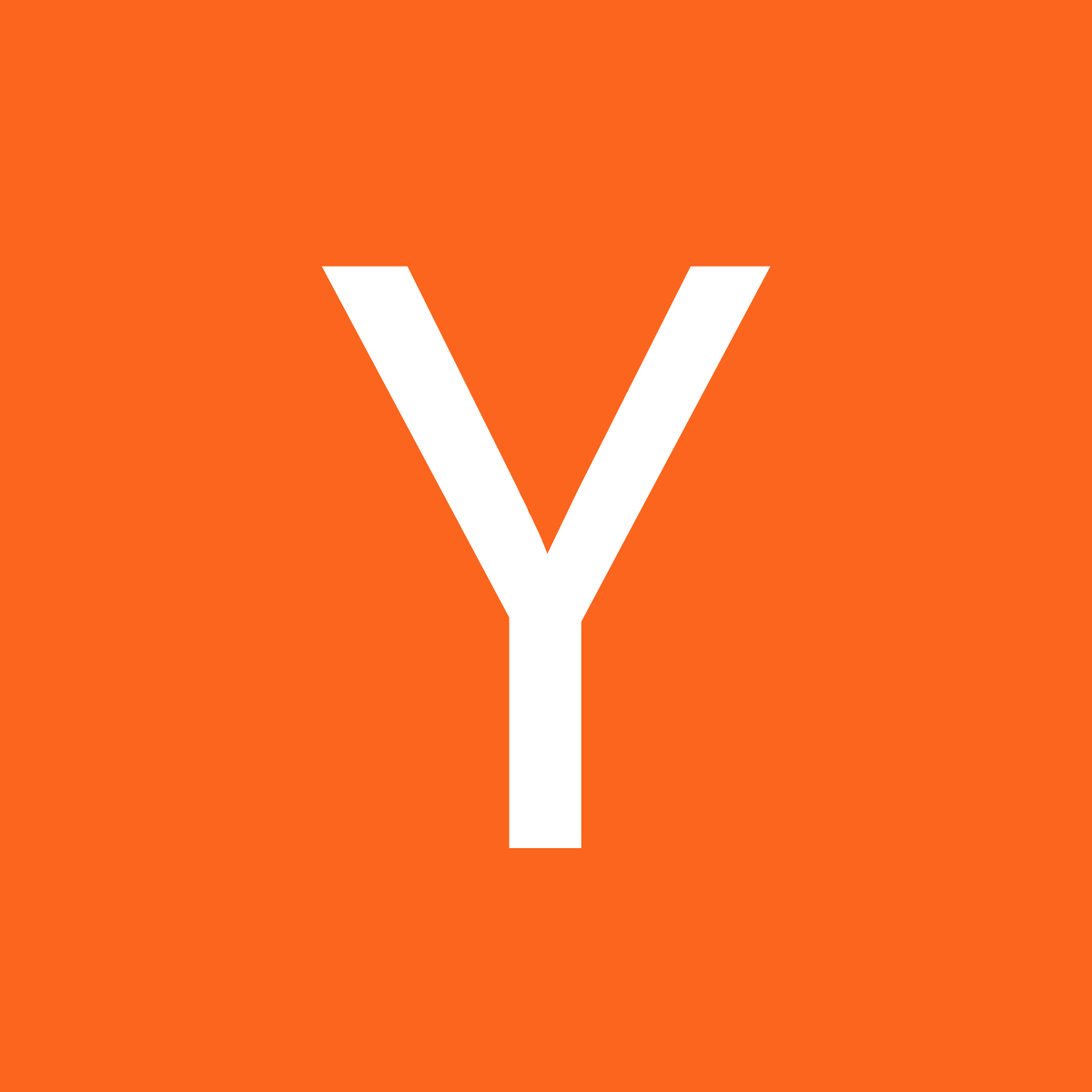10 Companies From YC Winter 2018
by Y Combinator3/14/2018
Meet 10 companies that recently announced they’re part of the YC Winter 2018 batch. (You can see more companies from the YC W18 batch here, here, here and here.)
Universe Universe is the first website builder designed from the ground up for phones, which means that anyone can now create an awesome, custom site in minutes. The key innovation is its grid interface, which turns an arduous technical process into a fun creative experience. The app was just featured as App of the Day on iOS, and in 11 months, they’ve seen more than 3,812,533 page views on user-created Universe sites. Read more about Universe in TechCrunch.
Haiku is a design tool for building apps. Designers create animated and interactive UIs in Haiku, which Haiku translates into code for iOS, Android, and the Web. Through Haiku, designers and developers can collaborate to build software from their respective design tools and code editors, connected by shared version histories. This saves tremendous effort and cost for software teams, since translating designs into code is traditionally labor-intensive work done by software engineers. Haiku launched their public beta in February. Early users include teams at Uber, Ticketmaster, LinkedIn, Philips, and Accenture.
Nectome’s goal is to preserve your brain when you die, so that it can be reconstructed at some future point, which will allow you to come back to life. They are a company in the new field of connectomics, which hypothesizes that if you can preserve the physical structures of a person’s brain in enough detail, you can preserve their memories, personality, and everything that makes them, them. Nectome is developing the technology to preserve the brain at that level of detail. Read more about Nectome in MIT Tech Review.
onederful lets dental offices verify patient insurance in seconds. Right now it can take hours by phone to get this information per patient and even then, human errors are tremendous. This results in $6B in lost revenue and medical debt for unsuspecting patients due to denied claims. The founders Karen and Alex Yee are a sister/brother team, and the company is based on a dental emergency Karen faced last year. Karen had to find a new dentist in SF for a procedure. The office didn’t check her eligibility in time and it turned out she wasn’t covered for the procedure. Karen dug into the issue and realized it was a massive problem in the dental industry. 70 dental offices are already using Onederful to solve this problem.
DearBrightly sells personalized prescription skincare products online without an in-person dermatologist visit. This makes it easy for anyone to get prescription retinoids, a medication that is scientifically proven to be one of the most effective topical creams for skin aging. Read more about DearBrightly in TechCrunch.
Pathrise is a career accelerator for students that’s 100% free until you’re hired. They’ve built an online replacement for career services to get students better jobs that pay more. In return, students pay Pathrise a small percentage of their eventual salary. Pathrise provides services like resume review, prospecting, referrals, interview preparation, and negotiation advice, but, unlike conventional career services, instead of using intuition and anecdotal experience, they use software and data to produce significant and measurable value for the students they work with. Read more about Pathrise in VentureBeat.
Viaopt is building “Uber pool for shipping” to help companies save money and time on shipments by sharing trucks. In the United States, trucks are traveling with 65% capacity utilization on average. Utilization of that unused capacity will save more than $30B for companies and 100M tons of carbon emissions to the environment. Viaopt will solve this utilization problem. Their long term goal is to bring shipping efficiency previously only available to enterprise companies to all small and medium sized companies.
Flint is an app that allows people in Mexico to pay their friends and merchants from their phone. Think AliPay for Latin America, with the key difference of accepting cash. Since almost 60% of the adult population in Mexico doesn’t have a bank account, users can deposit and withdraw cash at any merchant that accepts it as a payment method. By leveraging its network of merchants to act as ATMs, Flint can be used by everyone in Mexico, not just the 40% with bank accounts.
OSIMple automates data entry for inspectors by replacing stacks of paper with tablets and by generating completed inspection forms. This saves inspectors almost half of their inspection time. Founder Amanda Chan and Michael Miller came across the idea while talking to friends and professors in the civil engineering department at their university. They started building better software for bridge inspectors who were using very manual processes, and it’s been used on over 400 bridges so far. They’ve recently expanded to service home inspectors as well.
Founded by three UK doctors, Quit Genius offers Headspace-like behavioral therapy specifically for quitting smoking. The mobile app is as effective as face-to-face therapy but 10x more cost effective. Apple recently featured them on the home page of the App Store. Read more about Quit Genius in TechCrunch.
Categories
Other Posts
Author

Y Combinator
Y Combinator created a new model for funding early stage startups. Twice a year we invest a small amount of money ($150k) in a large number of startups (recently 200). The startups move to Silicon